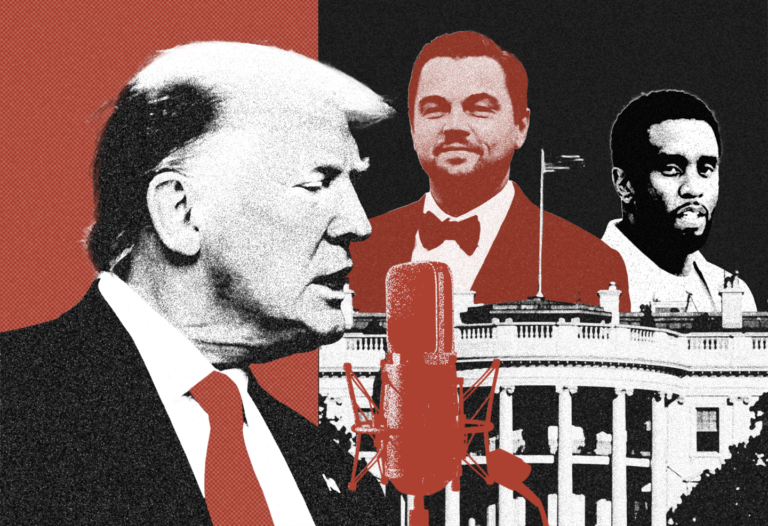President Joe Biden on Saturday signed legislation to prevent a government shutdown over the Christmas period, concluding a tumultuous week in Washington. The bipartisan budget plan, passed by Congress just past the deadline, notably sidestepped Donald Trump’s demands during the negotiations.
The deal, which keeps the government funded at current levels until 14 March, also provides $100 billion in disaster relief and $10 billion in agricultural aid for farmers.
House Speaker Mike Johnson, a Republican from Louisiana, had assured lawmakers that federal operations would not be allowed to shut down. However, uncertainty loomed throughout the week as Trump insisted the deal include a rise in the government’s borrowing limit, threatening closures if his demand wasn’t met. Johnson’s revised proposal eventually passed the House with a 366-34 vote and was approved by the Senate 85-11 just after midnight.
“There will be no government shutdown,” declared Senate Majority Leader Chuck Schumer.
The 118-page legislation passed by the Senate, titled the “American Relief Act, 2025,” excludes a contentious debt-limit provision previously demanded by Trump, which faced opposition from both Democrats and some Republicans.
The final draft also omits several Democratic proposals, including the first pay raise for lawmakers since 2009, funding for reconstructing a collapsed bridge in Baltimore, healthcare reforms, and measures to tackle misleading advertising by hotels and live event venues.
Johnson, who spoke to Trump after the House vote, described the compromise as “a good outcome for the country,” adding that Trump was “certainly happy with this outcome as well.” The final deal marked Johnson’s third attempt to fulfil a fundamental duty of governance — keeping the federal government operational.
This struggle has raised doubts about Johnson’s ability to maintain his role as Speaker amid discontent within his party. Some Republican colleagues, such as Representative Andy Harris of Maryland, criticised the bill’s deficit spending and signalled uncertainty over Johnson’s leadership.
Trump’s demand to include a debt ceiling increase was seen as nearly impossible to meet, and Johnson had little choice but to work around the pressure. With a slim Republican majority in the House (220-215), Johnson relied on Democratic support to pass the funding package, a pattern Republicans may continue as they face a unified government in 2025.
Trump’s influence, though significant, demonstrated its limits as he orchestrated proceedings from Mar-a-Lago alongside Elon Musk, head of the new Department of Government Efficiency. Their intervention resulted in Johnson’s original 1,500-page bipartisan bill being shelved, forcing the Speaker to renegotiate a smaller deal.
While Republicans have ambitious plans for tax cuts and other initiatives in the coming year, their reliance on bipartisan support highlights the challenges of governing with a narrow majority.
(With Inputs from Associated Press)
Why should you buy our Subscription?
You want to be the smartest in the room.
You want access to our award-winning journalism.
You don’t want to be misled and misinformed.
Choose your subscription package







